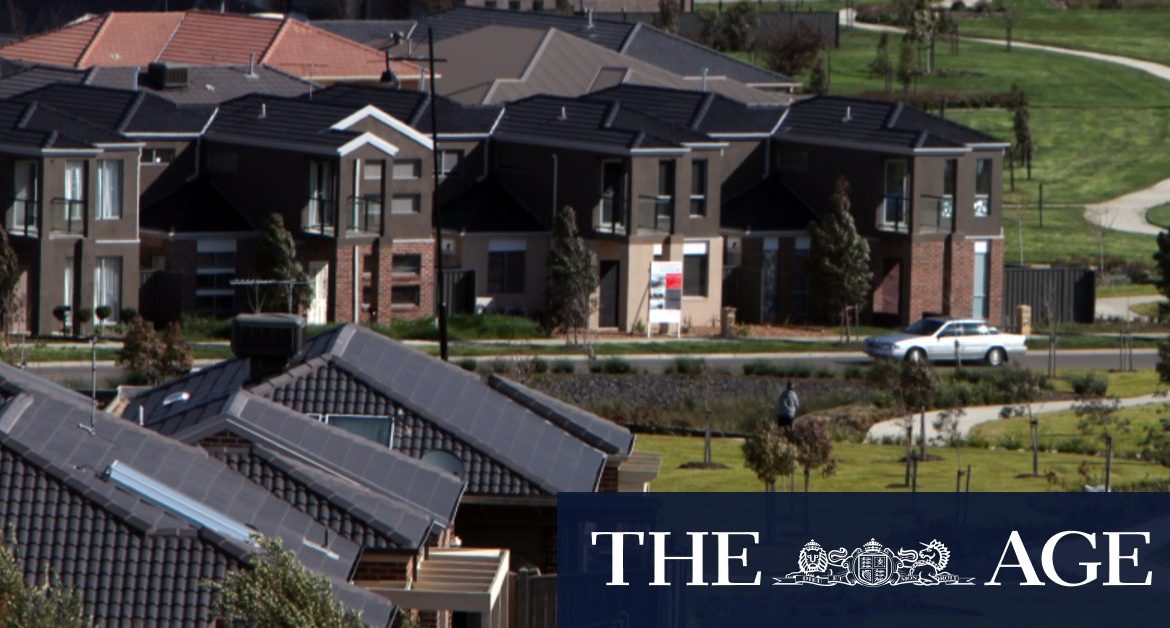“Our residential business performed strongly, with over 3800 sales representing the strongest half in over four years,” managing director and chief executive Mark Steinert said.
In his last result as Stockland head before he retires, Mr Steinert said federal and state government policies – JobKeeper, JobSeeker and HomeBuilder – kept people employed and the economy on track during the global pandemic.
Stockland chief executive Mark Steinert has delivered his last earnings report.Credit:Louise Kennerley
“Credit has got to go to the government … it’s the very specific nature of those policies that kept people tied to their jobs. And to the state government policies to ramp up infrastructure, cut red tape and improve the planning system.”
Mr Steinert, chief executive for seven years, will be replaced by former Lendlease chief finance officer Tarun Gupta.
Loading
In a contrast to the pain felt by real estate trust rivals, such as Scentre Group and Vicinity Centres, Stockland said its funds from operations (FFO) – an industry metric that excludes gains or losses from property valuations – rose marginally, to $386 million, compared to the previous corresponding half, which was untouched by COVID-19.
“This result is underpinned by strong residential settlements, improved retailer trading, strong rent collection and resilience in workplace, logistics and retirement living,” Mr Steinert said.
Land lot settlements during the half were up 43.7 per cent as home buyers flocked to master planned communities to take advantage of the government’s HomeBuilder incentives.
The group had 4800 residential sale contracts on hand at the end of January this year and was on track to achieve more than 6000 settlements during the financial year.
The diversified developer also owns and manages multiple shopping centres clustered in housing estates it has constructed.
Last year its malls suffered from the pandemic, with significant falls in foot traffic, non-essential store closures and sharp sales declines in specialty stores.
Stockland said it was now seeing a “significant improvement,” with a return of foot traffic close to pre-pandemic levels.
Rental cash collections are heading in the right direction. The group collected 90 per cent of billings during the half year compared to 61 per cent over the six months to June 2020. And abatements for tenants have more than halved from $29 million to $11 million.
But it was not out of the woods yet. “Some of our rental income, attributable to a small number of retail small to medium enterprises remains under pressure,” Mr Steinert said.
Stockland’s full-year distribution is expected to be within its target payout ratio of 75 to 85 per cent of FFO. The group’s shares were down nearly 4 per cent in early afternoon trade to $4.36.
Market Recap
A concise wrap of the day on the markets, breaking business news and expert opinion delivered to your inbox each afternoon. Sign up here.
Simon Johanson is a business journalist at The Age and The Sydney Morning Herald.
Carolyn Cummins is Commercial Property Editor for The Sydney Morning Herald.
Most Viewed in Business
Loading







